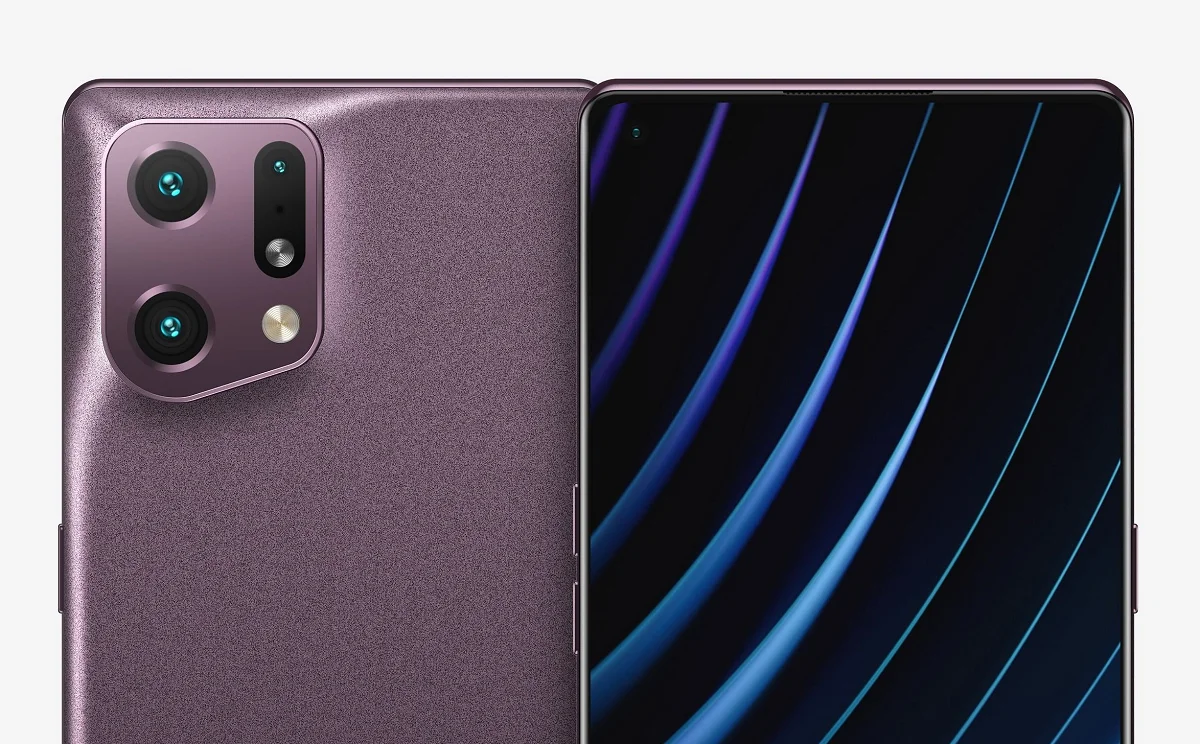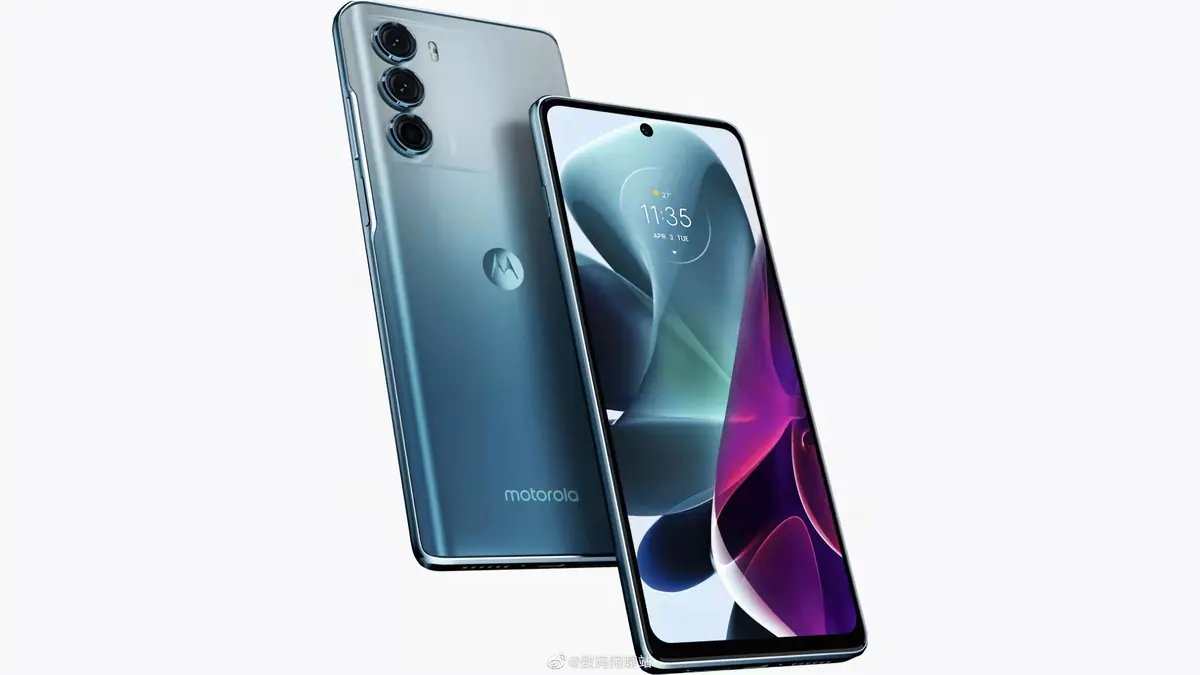Raising the price of everything has become a special condemnation in recent months, and even previously competitive products and services are no longer competitive. The latest hits are cell phone and internet charges: We had “cheap” carriers that were the lifeblood of many users, but they all decided at the same time to raise prices.
It all started with O2. The Movistar subsidiary decided to eliminate its most affordable fiber and mobile fee at the end of October. Say goodbye to the 30 euro tariff with 100 Mbps speed and 10 GB share, and now the cheapest plan stands at 35 euro, although the speed has increased to 300 Mbps and the mobile data quota is 35 GB.
Lowi is following in her footsteps. A few weeks later, Vodafone’s cheap brand Lowi also removed the 29.95 Euro fee for 300 Mbps fiber and 10 GB mobile internet. Instead, it kept the speed and increased the quota to 50GB, bringing the price to 34.95 euros.
Simyo: There’s no two without three. Likewise, Orange’s low-cost brand (not so much anymore) announced a significant price increase in Simyo. The previous cheapest rate of 26.49 euros available at discounts is gone and now the best deal is 35.99 euros, with which we have 300 Mbps fiber and 40 GB mobile data . Of course, it is possible to save up to 3 Euros per month by eliminating unlimited minutes.
Cheap ones are no longer cheap. All these price increases provide access to services with higher connection speeds and higher mobile data quotas, but eliminate more modest use cases where users don’t need both. It is true that the internet is more and more images and especially video (we are in the age of Tiktok and Twitch), but eliminating these options is debatable.
But wait: big ones raise prices too. It’s bad news that low-cost carriers are raising prices, but their older sisters took the opportunity, making it harder for consumers.
Movistar will increase its prices by an average of 6.8% for all its customers from January 1, and Vodafone has announced that from 2023 it will link its rates to the annual average CPI. The (small) consolation is that this ascent will therefore be clearer and more predictable. Yoigo would not be less: the improvements are up to 3 euros from the app, as the rates are already known: inflation. Terrible.
Operators can’t get accounts (nor can we). The fact that it is more expensive to provide services due to the aforementioned inflation and the increase in costs in the sector reveals the excuse of all operators. The logic makes sense but for that very reason perhaps they should continue to bet on more modest and cheaper odds that allow us to compromise on speed or data quota. The opposite happens because, as always, the consumer pays the price.













